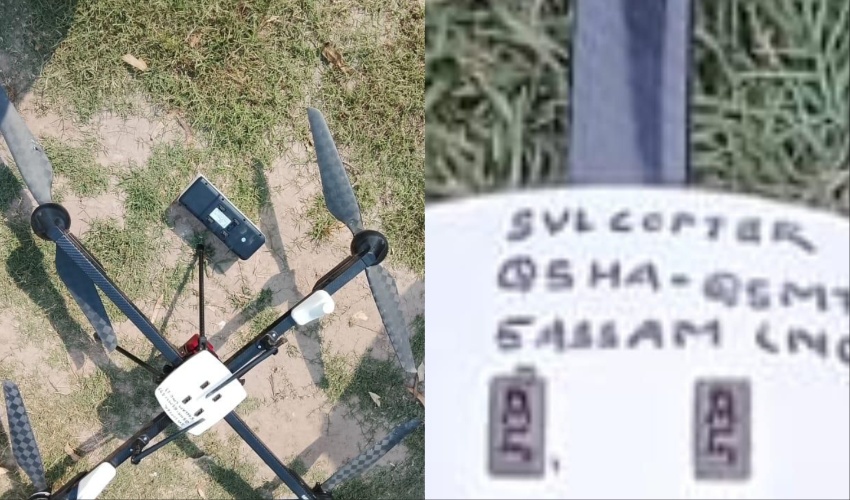Indian Prime Minister Narendra Modi on Tuesday chaired a high-level security meeting at his residence in the wake of the recent attack in Pahalgam.
During the meeting, he granted all three Indian armed forces complete operational freedom to take decisive action against terrorism.
The meeting was attended by Indian Defence Minister Rajnath Singh, Chief of Defence Staff General Anil Chauhan, National Security Advisor Ajit Doval, Army Chief General Upendra Dwivedi, Navy Chief Admiral Dinesh K Tripathi, and Air Force Chief Air Chief Marshal Amar Preet Singh.
According to sources, Modi reiterated that it was India’s national resolve to deal a crushing blow to terrorism and expressed full confidence in the capabilities of the Indian armed forces.
He assured that the armed forces had complete authority to determine the timing, method, and targets of their response.
Modi meets Amit Shah
Shortly after the security review, Union Home Minister Amit Shah visited Modi’s residence. The two leaders reportedly discussed a range of strategic issues, signaling that the government is planning something big in response to the terror incident to send a strong message to the perpetrators.
Cabinet meeting scheduled amid escalating tensions
The crucial security meeting took place just a day before Modi is set to chair a full cabinet session on Wednesday. The upcoming cabinet meeting is expected to finalize key decisions and action plans in response to the Pahalgam attack.
These high-level deliberations are part of a series of continuous marathon meetings involving top ministers, senior government officials, and heads of security and intelligence agencies.
All-party support for strong sesponse
Earlier, the Modi government held an all-party meeting to brief political leaders about the situation. In a rare show of unity, the opposition extended full support to any decisive action the Centre may take against those behind the Pahalgam attack.
India takes diplomatic and strategic measures against Pakistan
Following the Pahalgam attack, the Indian government has already begun implementing strong retaliatory measures against Pakistan.
Among the initial steps taken are the suspension of the Indus Water Treaty, an order for all Pakistani nationals to leave India, further downgrading of diplomatic ties, and the expulsion of additional officials from Pakistan’s High Commission.


























